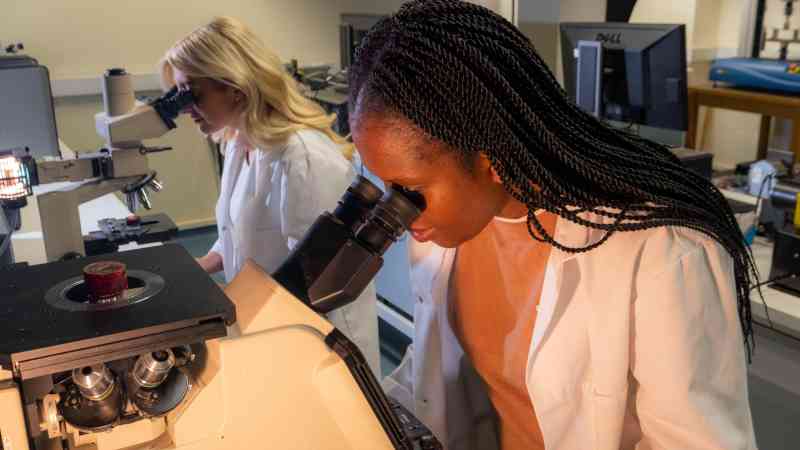Investment in companies built on research from British universities appears to be rebounding.
Data compiled by Beauhurst, which analyses private companies, and Parkwalk Advisors, a specialist investor, found evidence of “green shoots” of recovery after a “concerning low” last year.
Their report suggests that in the first half of 2024 £1 billion was poured into start-ups that had emerged from universities, putting this year on track to be higher than 2023, when £1.75 billion was raised. Total equity investment in UK spin-outs peaked at £2.7 billion in 2021.
“The case for uncovering, nurturing and backing spin-outs could not be stronger,” Moray Wright, 57, the chief executive at Parkwalk, said. “Spin-outs will increasingly define much of the UK’s economic standing in the world, our levels of productivity, advancements in public services and the innovation that can help to curb climate change.”
The value of the stakes that British universities take in businesses built on academic research has been a source of hot debate. Institutions taking too much equity in fledgling companies has been cited as a barrier to their growth because it can put off other investors.
Last November, an independent review into university spin-offs commissioned by Jeremy Hunt when he was chancellor, called for more information and transparency through a national register and by universities publishing more information about their standard deal terms.
The Treasury-backed report, undertaken by Irene Tracey, the vice-chancellor of Oxford University, and Andrew Williamson, the managing partner of Cambridge Innovation Capital, a venture fund, recommended that universities take stakes of 10 per cent or less in spin-outs with limited new intellectual property, such as software companies. The review suggested that more IP-intensive companies, such as life sciences businesses, should consider a number in the region of 25 per cent.
